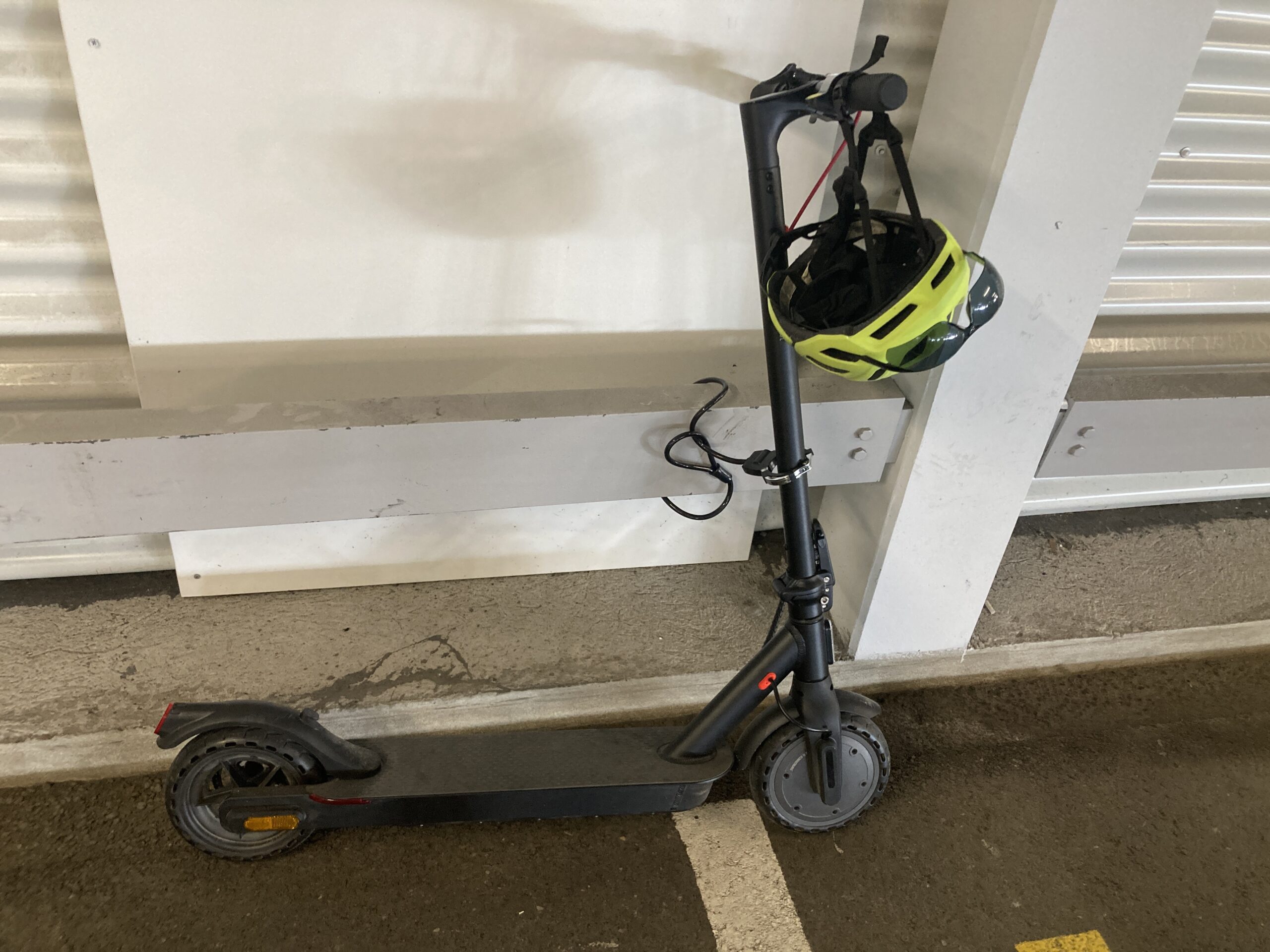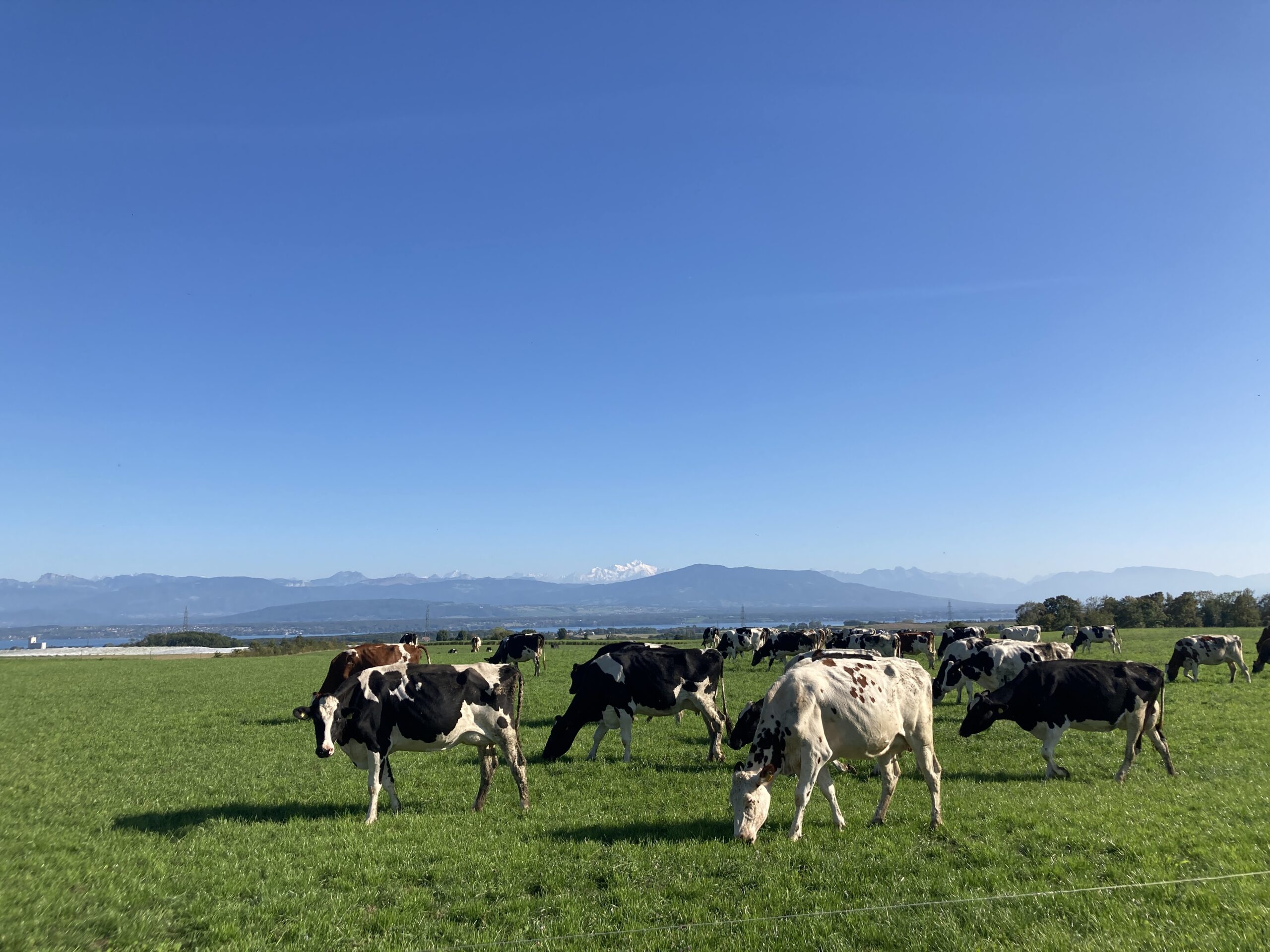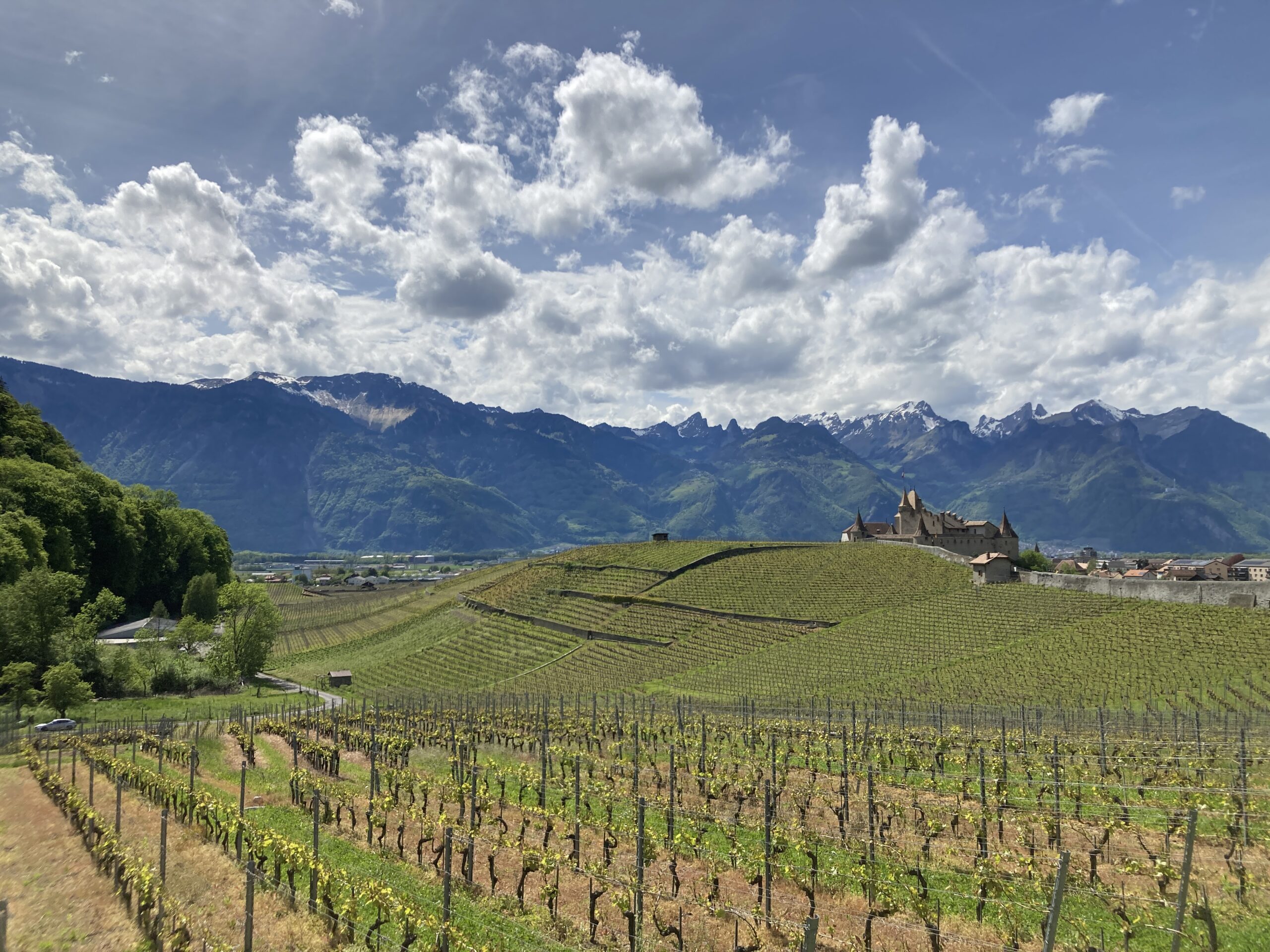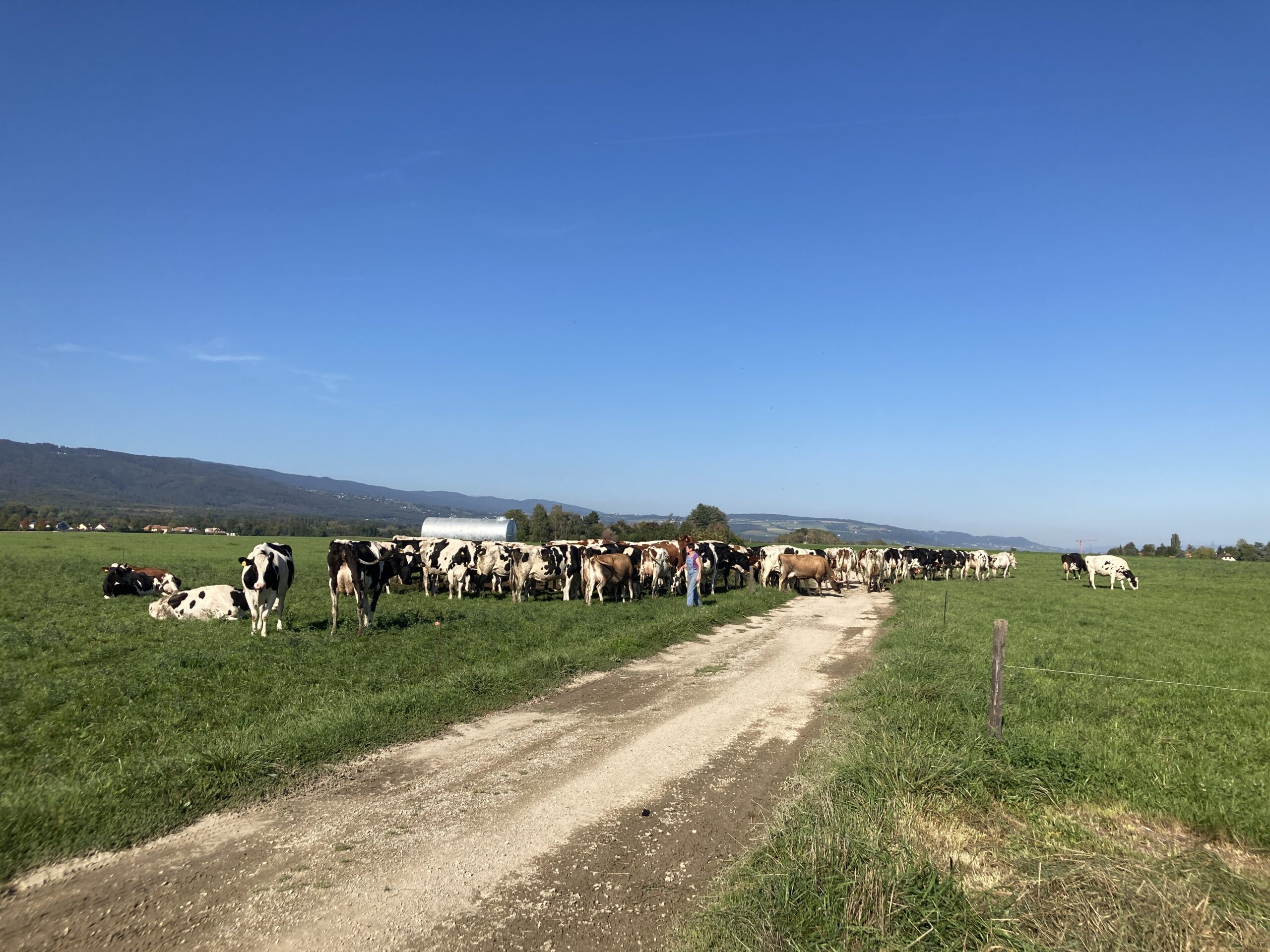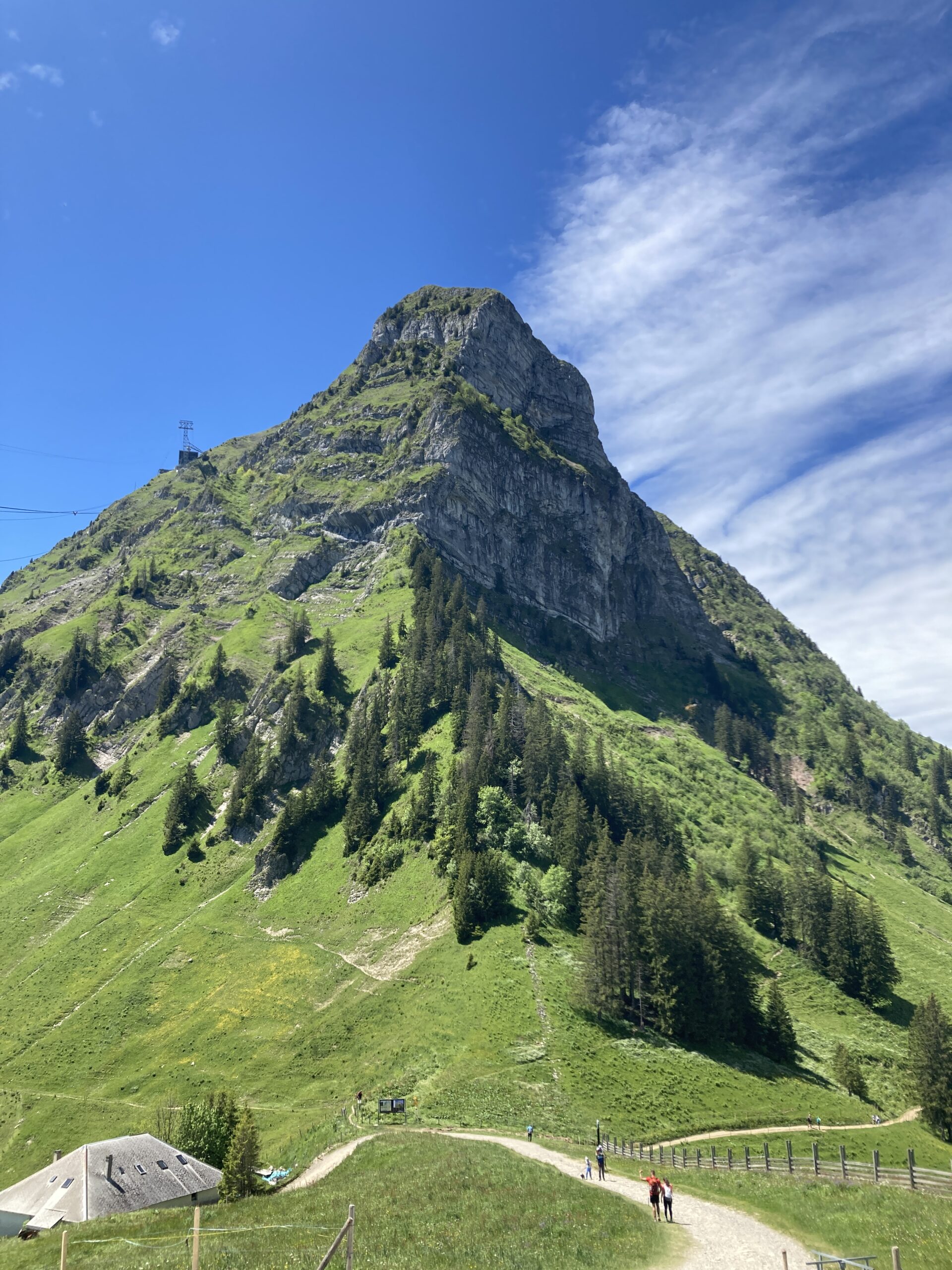Category: observation
-
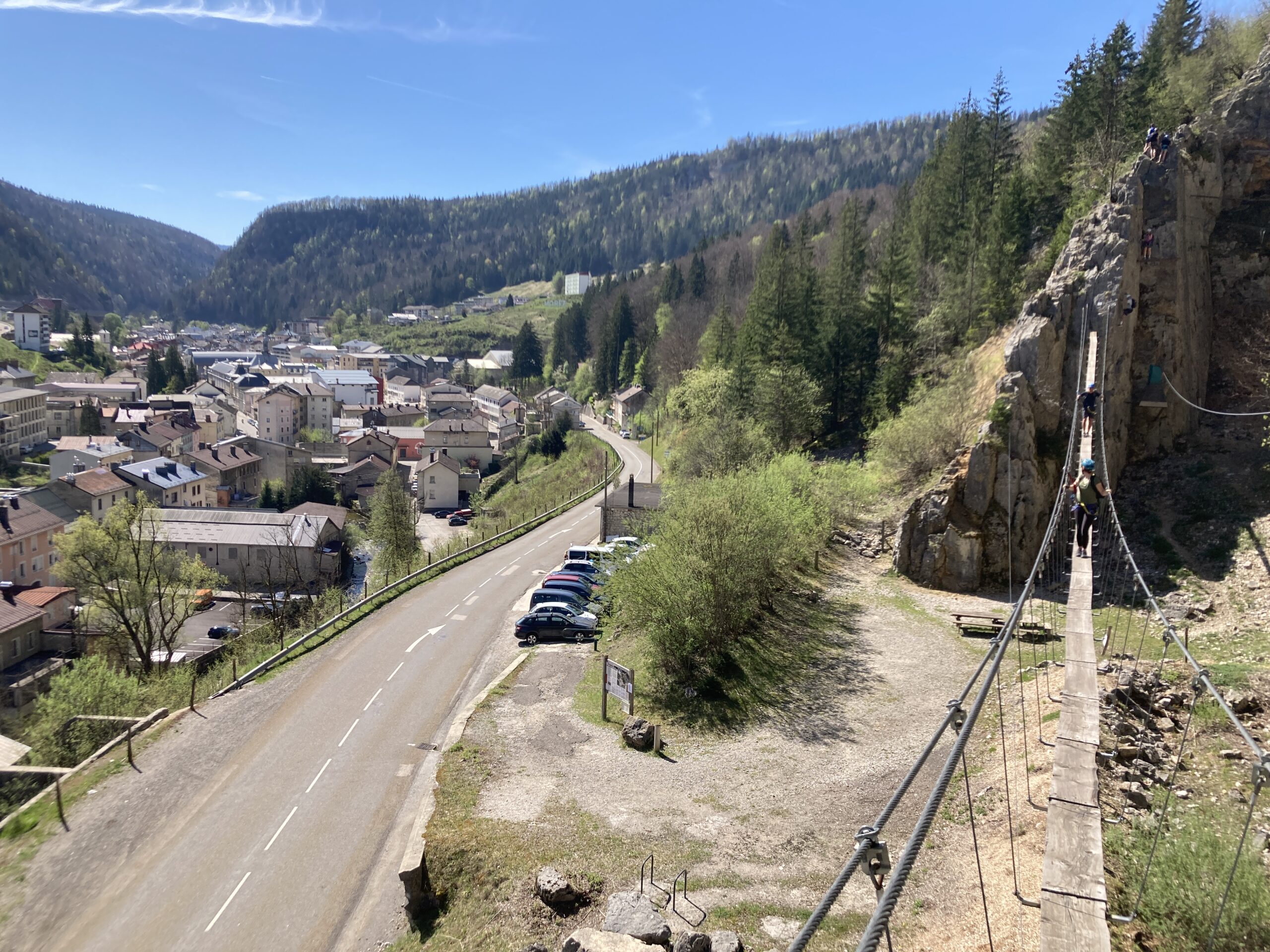
Twice the Driving Range
Reading Time: < 1 minuteToday I refuelled the car after 380 kilometres for about 30 CHF. A few years ago, when I refuelled another car it cost me 70 CHF to refuel a car, to travel 400 kilometres. This means that the car I drive now costs half as much, in petrol, despite the price…
-
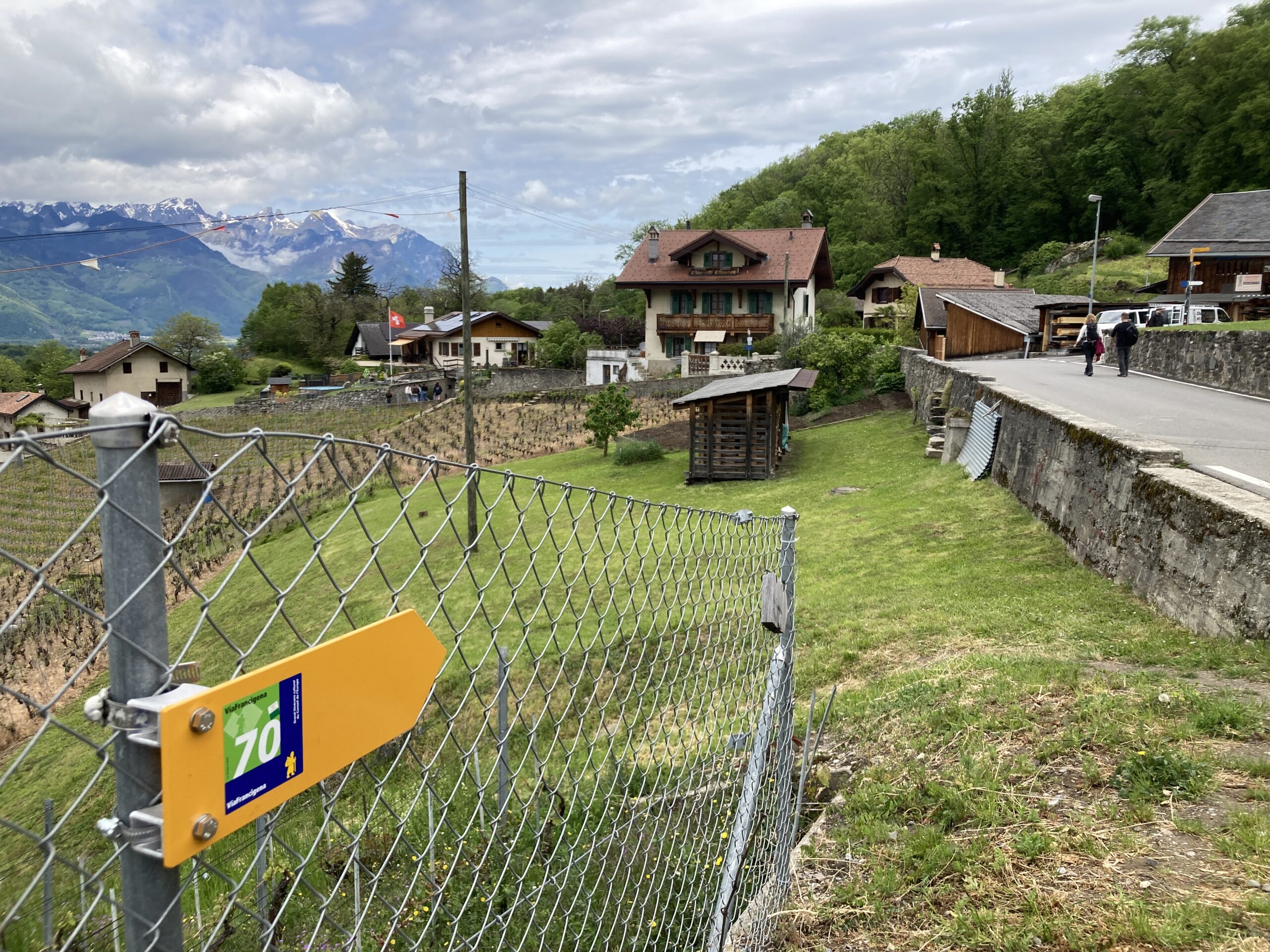
The Decision Not to Drive For Sports On a Sunday
Reading Time: 3 minutesThis weekend I could have gone to Bellevaux for the VF, Thones for the VF, Kandersteg for the VF, and gone to Charmey, Rocher de Naye and one other places for hikes and climbing. I chose to do none of these things. My reason for this is to save money on petrol,…
-
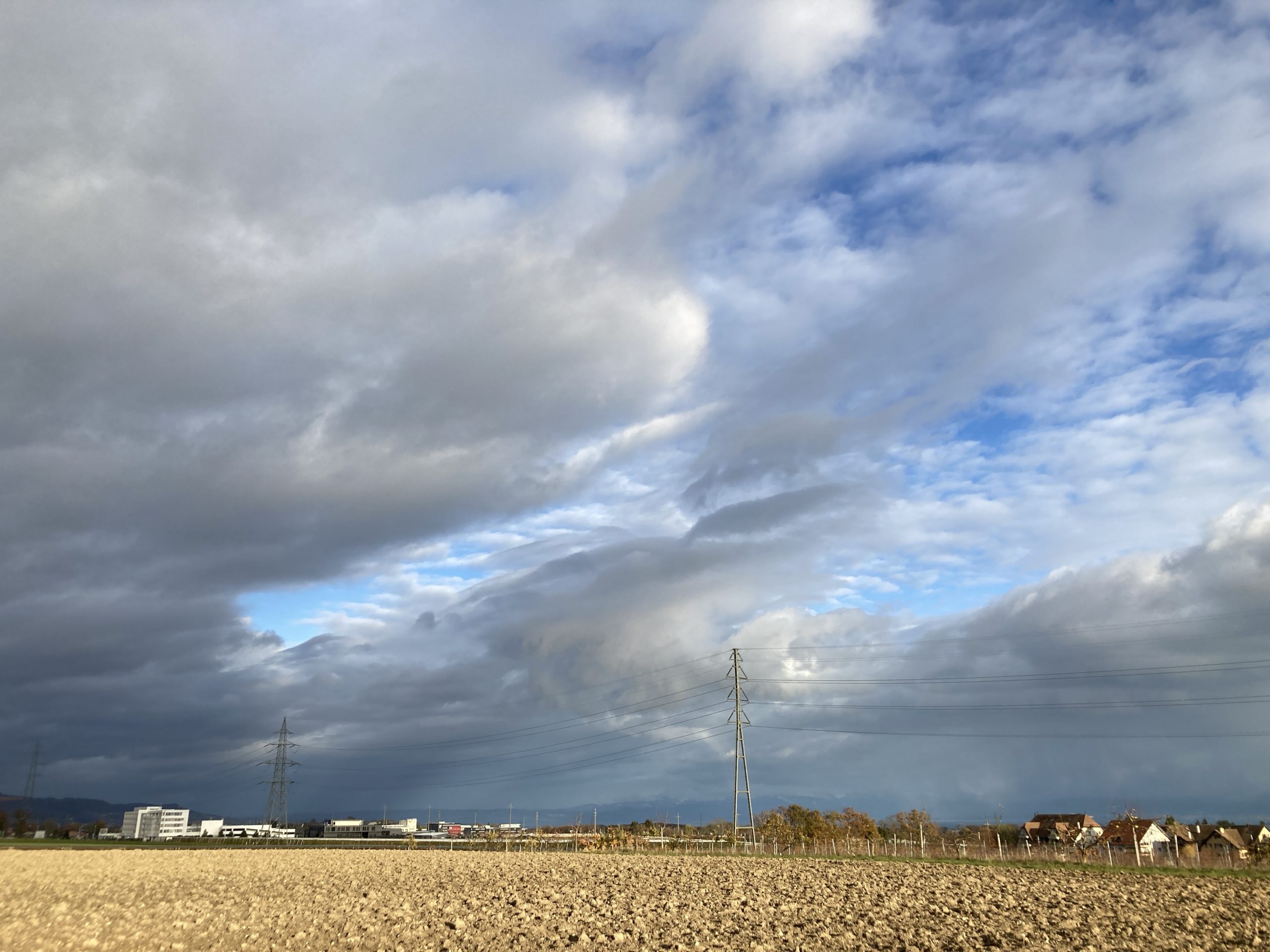
The Five and Six AM Club
Reading Time: 3 minutesOne winter I woke seven or eight days in a row at 2am to be at work and ready to work for 0400. It was very hard to do, and since then I prefer not to have to wake up too early. Yesterday I woke at 0600, naturally, but also because I…
-
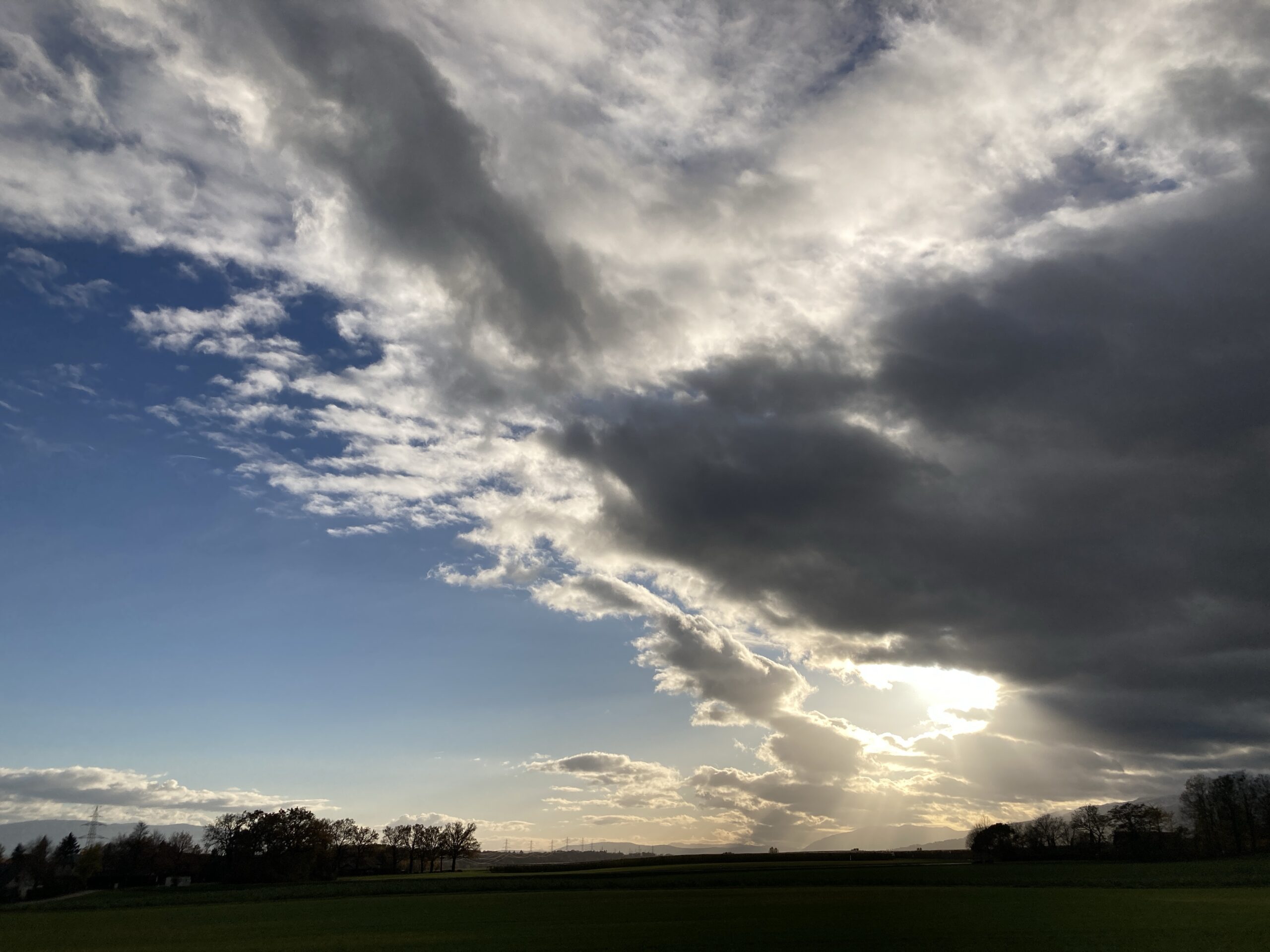
The Americanisation of Swiss Weather Forecasting
Reading Time: 3 minutesA few days ago they announced a [“cocktail météorologique explosif”](https://www.rts.ch/info/suisse/2024/article/un-cocktail-meteorologique-explosif-attendu-samedi-en-suisse-romande-alerte-meteosuisse-28553427.html) but the result I saw from my vantage point was some medium rain, and plenty of rain and thunder. The thunder was constant for quite a while. When I saw the weather warnings my fear was that we would end up with…
